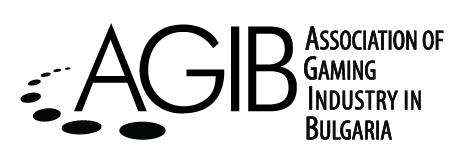Unlicensed operators are dominating the European online gambling market, according to the latest report from the analytics company Yield Sec, cited by European Gaming.
The study shows that unregulated platforms control 71% of the gross gambling yield (GGY) within the 27 EU member states, generating €80.6 billion out of a total of €114.3 billion. In comparison, licensed and regulated operators — subject to taxation and oversight — accounted for only €33.6 billion, or 29% of the market.
The Yield Sec report warns that the rapid growth of illegal platforms threatens not only the revenues of regulated operators but also government budgets and consumer safety. The data is striking — 81 million Europeans (or 18% of the EU population) have engaged with illegal gambling services over the past year.
Unregulated companies are increasingly using advanced digital tools to reach their audiences. They take advantage of crypto gambling, prediction markets, and platforms such as TikTok and Instagram, where they deceive users through fake reviews, bank logos, and deepfake videos featuring celebrities in fraudulent ad campaigns.
The financial losses for governments are substantial — according to Yield Sec’s estimates, EU countries lost around €20 billion in unpaid taxes in 2024. The report describes this as the “Jenga Tower effect” — a situation where stricter regulations on legal operators unintentionally strengthen the competitiveness of illegal ones.
Bulgaria’s Fight Against Illegal Gambling
Amid these worrying European trends, Bulgaria is actively countering the grey market. Over the past nine months, legal operators in the country have submitted dozens of reports to the National Revenue Agency (NRA) regarding illegal websites and online operators functioning without a license.
This proactive stance from the business sector demonstrates that Bulgaria’s regulated gambling industry is a committed partner of the state in combating illegal practices and protecting consumers. Meanwhile, the NRA and other competent authorities are intensifying online monitoring, identifying and blocking unlicensed domains, and working toward a more efficient mechanism for surveillance and sanctions.
The Bulgarian approach highlights that coordination between the state, the business sector, and technological partners is crucial for curbing illegal gambling. This synergy lies at the core of Yield Sec’s recommendations, which emphasize that a sustainable model requires collaboration between governments, regulators, and the industry to identify, restrict, and prevent illegal operators.
Despite the challenges, Bulgaria’s gaming industry demonstrates a strong commitment to transparency and consumer protection, positioning the country as one of the positive examples in the region.
Source: 24 chasa




